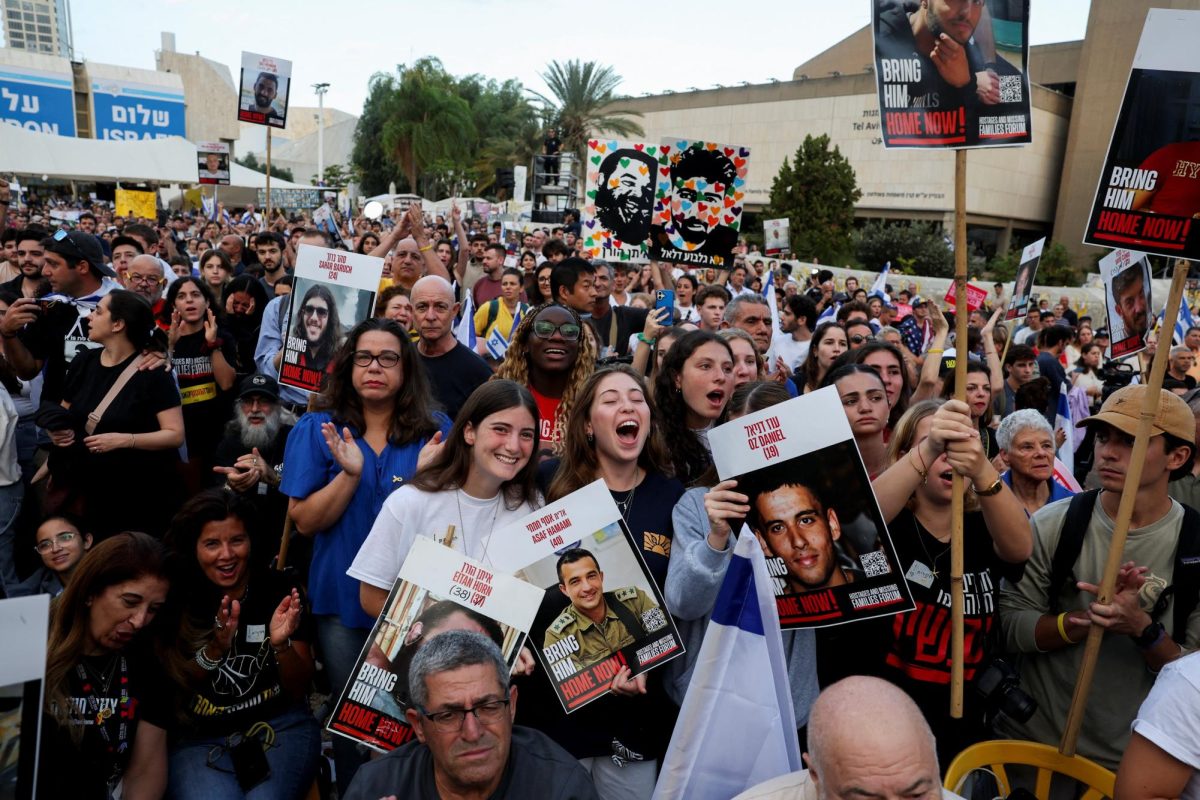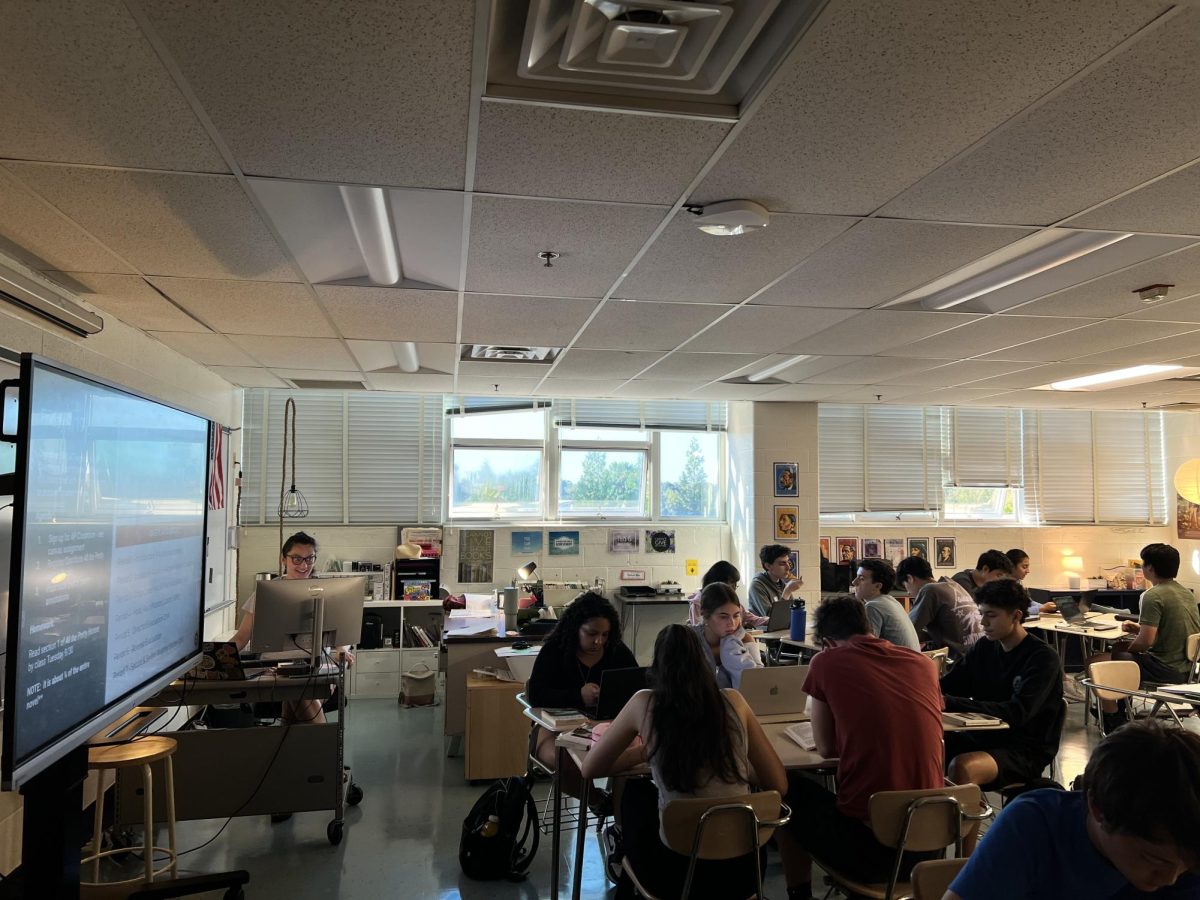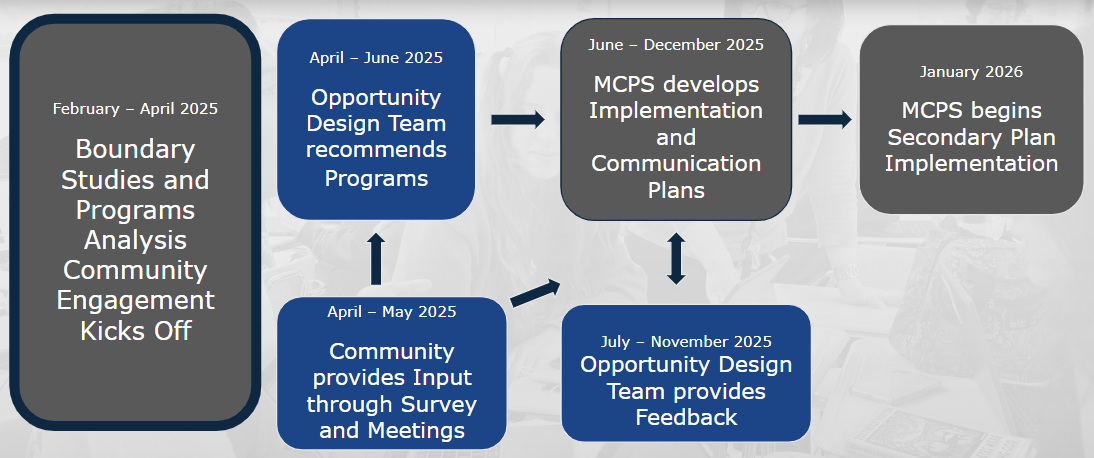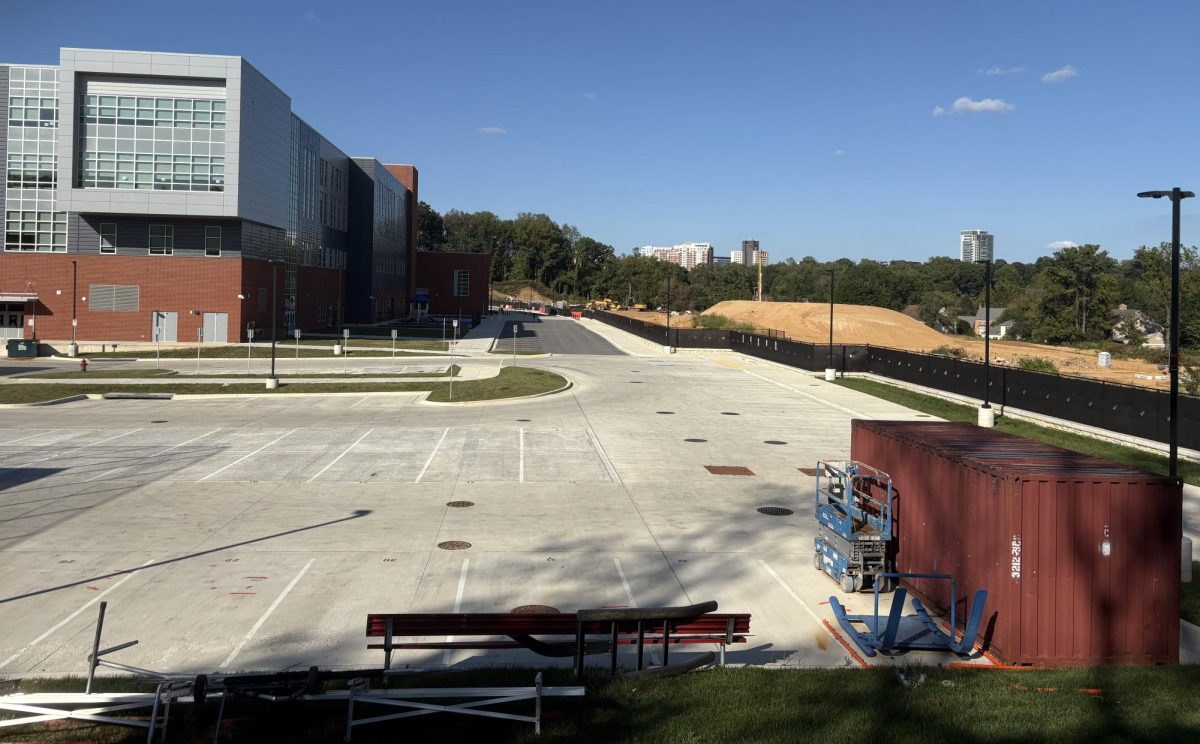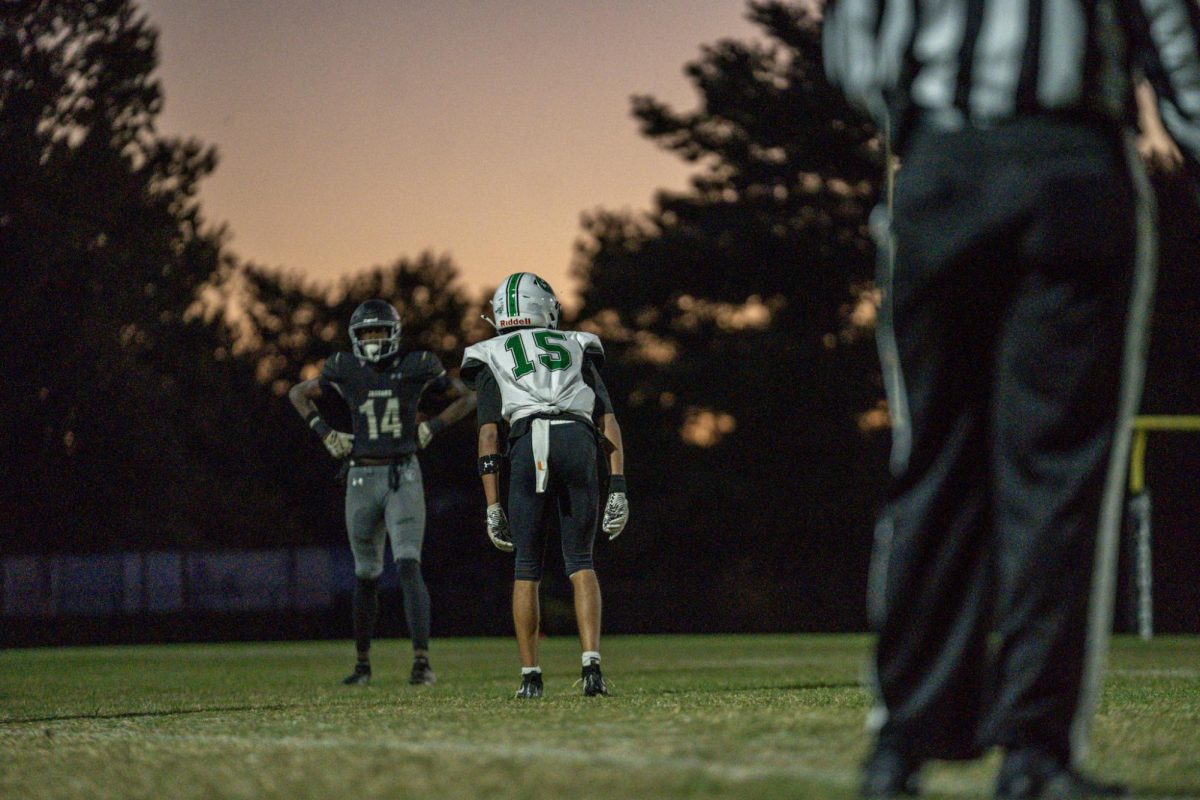- Earthquake devastates Japan. On Friday, March 11, Japan was struck by an 8.9 scale earthquake, the largest the country has ever seen, followed by a tsunami with waves as high as 25 feet. It has allegedly left up to 10,000 dead and many more homeless and without power, water and transportation. Several coastal towns have been completely obliterated. The disaster has threatened Japan’s nuclear reactors, with several radiation leaks already, and fears of full-blown meltdowns. The prime minister has called this Japan’s worst crisis since World War II.
- Bloody stand-off in Libya. Violent warfare has continued this week between the rebel forces holding the western portion of the country and the pro-Gaddafi forces, who are steadily forcing the rebels back. Pro-government forces encroach daily on the opposition-held stronghold of Benghazi, prompting rebels to call for international support. The Arab League has already stood behind a no-fly zone over Libya – the United Nations will discuss it this week.
- Israel to increase building in the West Bank. President Benyamin Netanyahu revealed plans this week to build 300-500 new units in West Bank settlements, in response to Israeli outrage after a family of five was killed there Saturday. This decision looks likely to stall Palestinian-Israeli peace talks, as the Palestinian Authority strongly condemns this move. Last month, 14 out of 15 members of the United Nations Security Council called for a halt to building in occupied territory; this resolution was vetoed by the United States.
- Crisis intensifies in Ivory Coast. Three months after losing the election, Laurence Gbagbo is using violent and repressive measures to stay in power, despite calls from the United Nations and the African Union for him to step down. Gangs of his supporters terrorize the streets, and the economic situation is crumbling as a result of international sanctions, causing unemployment and hunger.
- Bahraini protesters shut down financial center. In Bahrain’s capital, Manama, anti-government protesters withstood police attacks to close off the city’s financial system, preventing workers from reaching their jobs. This is the most serious challenge so far from the Sunni-majority opposition against the Shi’ite royal family. The U.S. is a loyal ally of Bahrain and has supported the royal family, though it has called for a halt to violence and a dialogue for meaningful change.
All information gathered from The Washington Post
Story continues below advertisement



